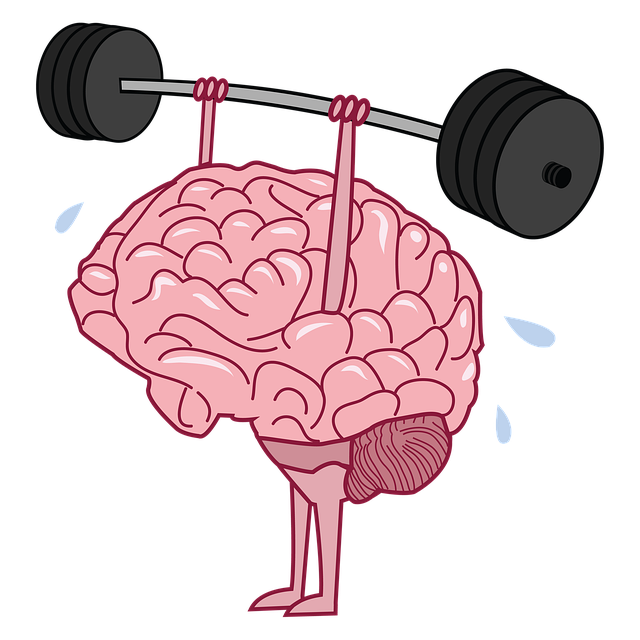Aurora Hypnosis Therapy leads the charge in advocating for improved mental health policies, addressing growing concerns in today's digital world. Through their unique approach, they explore alternative therapeutic methods and the subconscious mind to identify barriers and empower individuals. By analyzing policy landscapes, engaging communities, and sharing evidence-based data, Aurora drives positive change. Their strategic advocacy includes media campaigns, educational workshops, and collaborative efforts with like-minded organizations, ensuring mental health policies prioritize self-care, mood management, and anxiety relief for equitable access to quality care.
Mental health policy advocacy is a powerful tool for driving systemic change and improving access to quality care. This comprehensive guide explores strategies and techniques, with a special focus on Aurora Hypnosis Therapy’s role in policy analysis. We delve into understanding mental health policies as the cornerstone of advocacy, examining how this therapeutic approach can inform and enhance policy discussions. Discover effective strategies to navigate the landscape of mental health policy, ensuring a brighter future for all those seeking support.
- Understanding Mental Health Policy: A Foundation for Advocacy
- The Role of Aurora Hypnosis Therapy in Policy Analysis
- Strategies for Effective Mental Health Policy Advocacy
Understanding Mental Health Policy: A Foundation for Advocacy

Mental health policy is a cornerstone in ensuring equitable access to quality care and support for individuals facing mental health challenges. It encompasses a web of regulations, guidelines, and initiatives designed to promote awareness, prevent stigma, and facilitate effective treatment. Understanding this policy landscape is paramount for advocates and practitioners like Aurora Hypnosis Therapy, who strive to improve mental well-being within their communities. By delving into the intricacies of policy, they can identify gaps in services, advocate for evidence-based practices, and ultimately influence positive change.
For instance, effective mental health policies often prioritize self-care routine development for better mental health, mood management strategies, and anxiety relief techniques. They recognize that addressing these aspects not only reduces the burden on healthcare systems but also empowers individuals to take charge of their well-being. By advocating for such policies, Aurora Hypnosis Therapy can contribute to a more holistic approach to mental health care, fostering a supportive environment where people receive the necessary tools and resources to thrive.
The Role of Aurora Hypnosis Therapy in Policy Analysis

Aurora Hypnosis Therapy offers a unique perspective on mental health policy analysis by providing insights into the potential of alternative therapeutic methods. In today’s digital age, where mental wellness is increasingly recognized as a priority, exploring innovative solutions is imperative. This therapy can play a pivotal role in shaping policies that support emotional healing processes and overall mental health education programs design. By delving into the subconscious mind, Hypnosis Therapy uncovers hidden barriers and strengths, which can inform policy changes aimed at enhancing community well-being.
The impact of Aurora Hypnosis Therapy extends beyond individual sessions; it contributes to a broader understanding of mental health within society. This approach encourages a more holistic view of treatment, considering the intricate connection between mind, body, and spirit. As part of the Mental Wellness Podcast Series Production, case studies and personal narratives shared through this therapy can inspire policy advocates to consider diverse strategies, ensuring that support systems are inclusive and effective in catering to various mental health needs.
Strategies for Effective Mental Health Policy Advocacy

Advocacy for mental health policies is a multifaceted endeavor that requires strategic planning and persistent action. To be effective, advocates should focus on raising Mental Health Awareness through various channels like media, educational institutions, and community forums. Engaging in policy analysis that highlights gaps and areas for improvement is crucial. This includes reviewing existing legislation, studying successful initiatives from other regions, and gathering evidence-based data to support proposed changes.
Organizing and mobilizing communities can amplify the impact of advocacy efforts. Collaborating with organizations like Aurora Hypnosis Therapy that share a commitment to mental well-being, hosting Stress Management Workshops, and facilitating Resilience Building activities can foster collective action. By harnessing the power of networks and leveraging diverse communication platforms, advocates can ensure that policy decisions reflect the needs and concerns of individuals struggling with mental health issues.
Mental health policy analysis and advocacy are vital components in fostering comprehensive support systems. By understanding the foundational concepts of mental health policy, utilizing innovative approaches like Aurora Hypnosis Therapy for analysis, and employing effective advocacy strategies, we can navigate complex systems to drive positive change. These integrated methods ensure that policies reflect the diverse needs of individuals seeking mental health services, ultimately enhancing access and quality of care.














